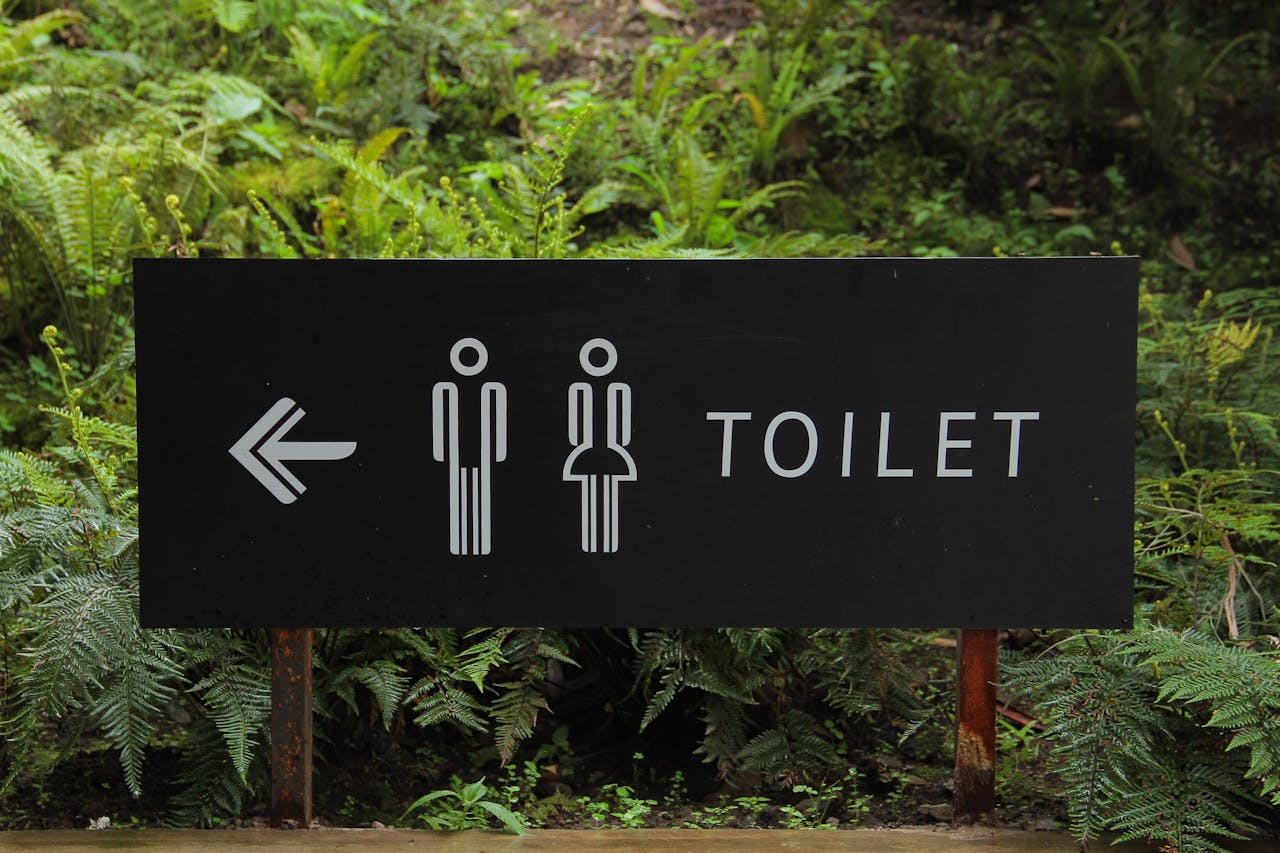

March 20, 2024
Travelling can be exhilarating, but it can also present unexpected challenges. One basic need, finding a restroom or a source of clean drinking water, might seem like a simple task, but on the road, it can become a concern. Hares where the Indian Sarais Act of 1867 comes in, offering a helping hand – and a legal right – to weary travellers.

Enacted in 1867, the Sarais Act predates many modern amenities, focusing on regulating public rest houses known as "sarais." While the concept of a traditional sarai might not be prevalent today, the Act's core principles regarding basic public needs remain highly relevant.
The Sarais Act offers two key public rights:
Access to Toilets: Anyone in need, regardless of whether they are a guest or not, has the right to use the toilet facilities at hotels and lodges covered under the Act.
Free Drinking Water: You are entitled to request and receive free drinking water, not just for yourself, but also for your pets, at these establishments.
While the Act applies broadly to hotels and lodges, its reach might vary depending on specific state regulations. It's generally not applicable to restaurants or eateries. The Act focuses on basic amenities and doesn't necessarily guarantee a luxurious restroom experience.
Being aware of the Sarais Act empowers you as a traveler. Here's how it can be helpful: Peace of Mind: Traveling, especially with children or pets, can be stressful. Knowing you have a legal right to basic necessities can provide peace of mind on your journey. Saving Money: Unexpected restroom charges can disrupt your budget. The Act ensures you don't have to pay for a basic need. Promoting Hygiene: Access to clean water and sanitation facilities is crucial for public health. The Act encourages establishments to maintain these facilities for the benefit of all.
The Sarais Act serves as a testament to India's long-standing commitment to public well-being. By being aware of your rights under this Act, you can ensure a smoother and more comfortable travel experience while promoting basic hygiene and public service.
Remember:
While exercising your rights under the Act, be courteous and respectful towards the establishment's staff and property.
In conclusion, the Indian Sarais Act of 1867 may be an old law, but its provisions continue to offer essential relief to travelers on the roads of India. By knowing and asserting your rights, you can ensure a more comfortable and hassle-free journey, all while contributing to the promotion of basic hygiene and public service.
Share this article with your friends